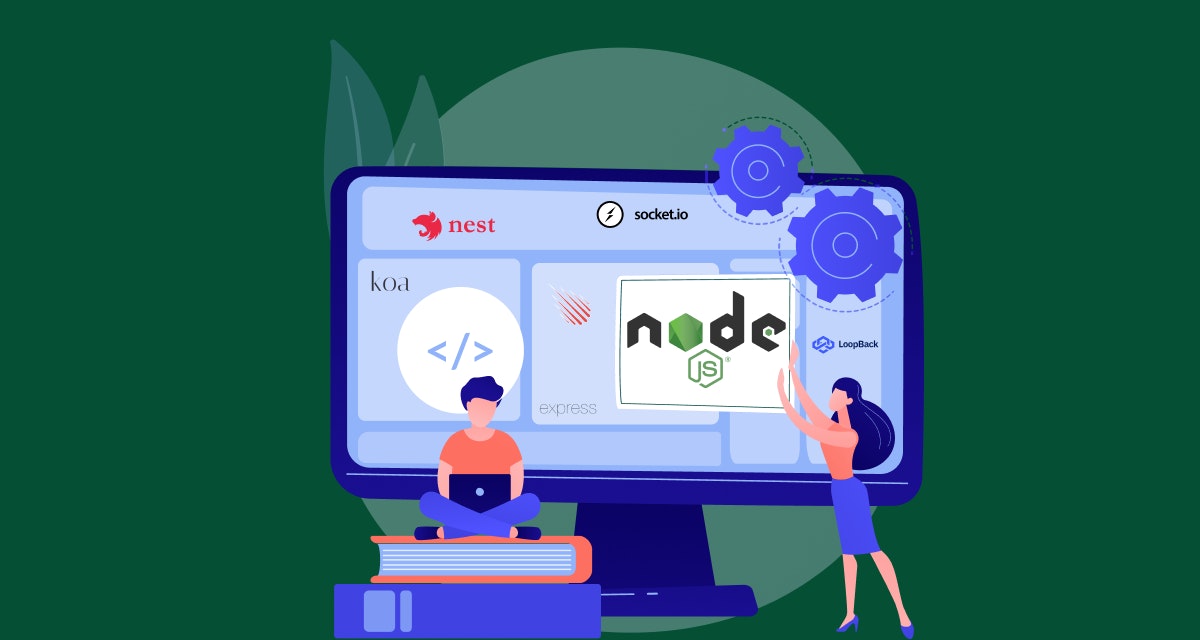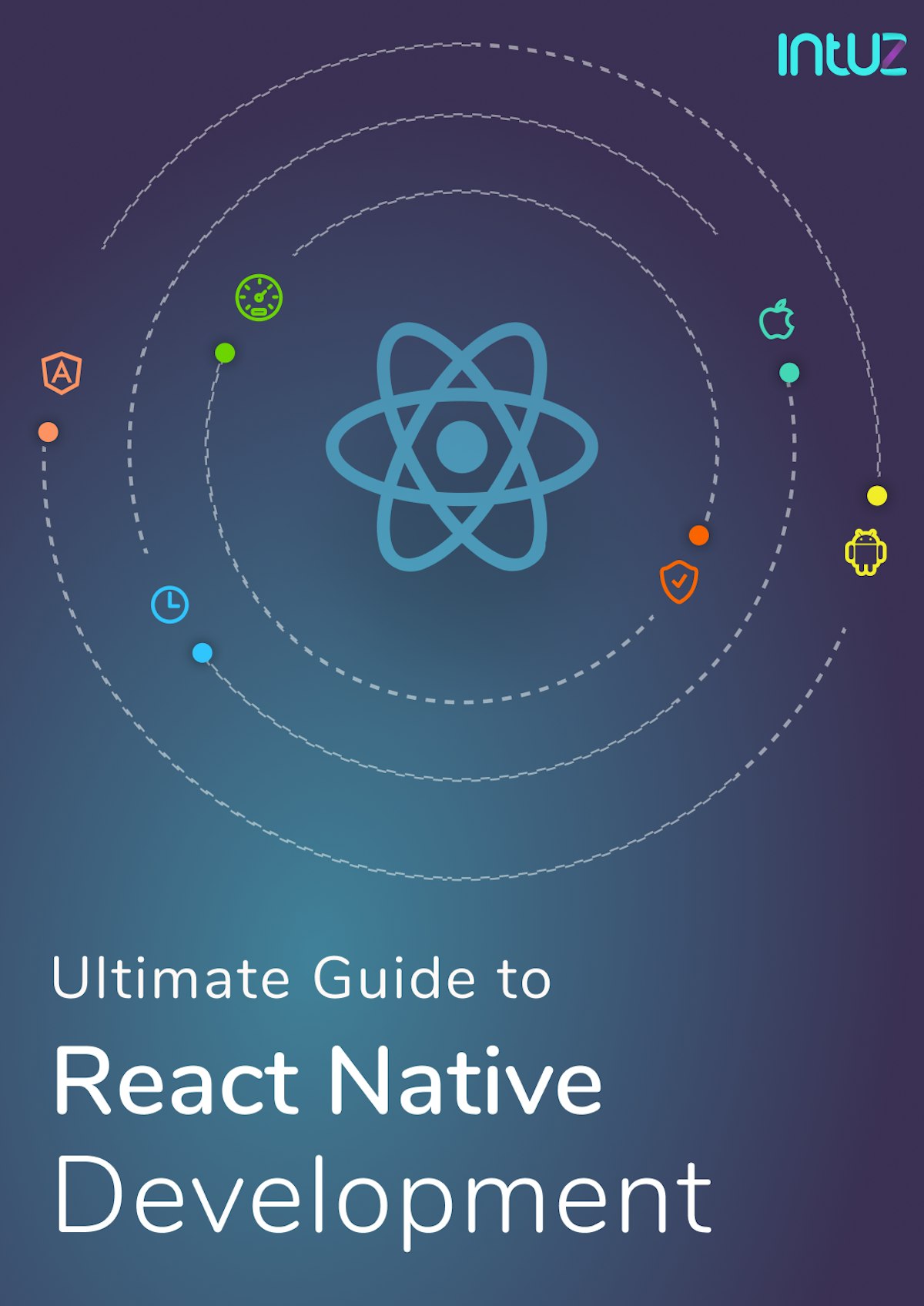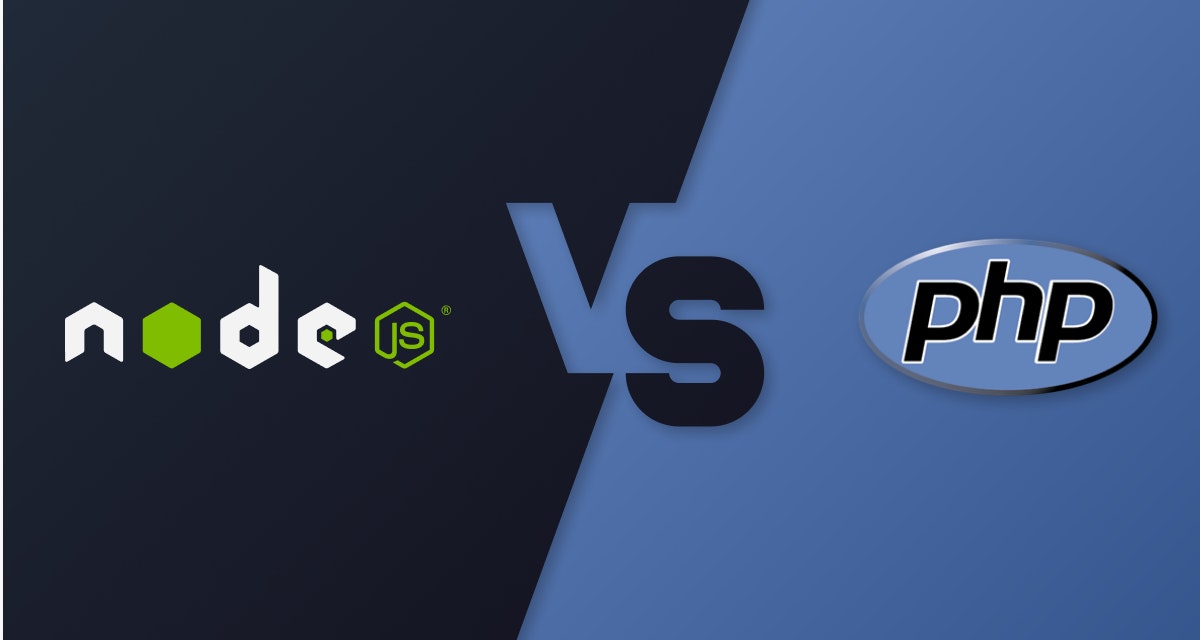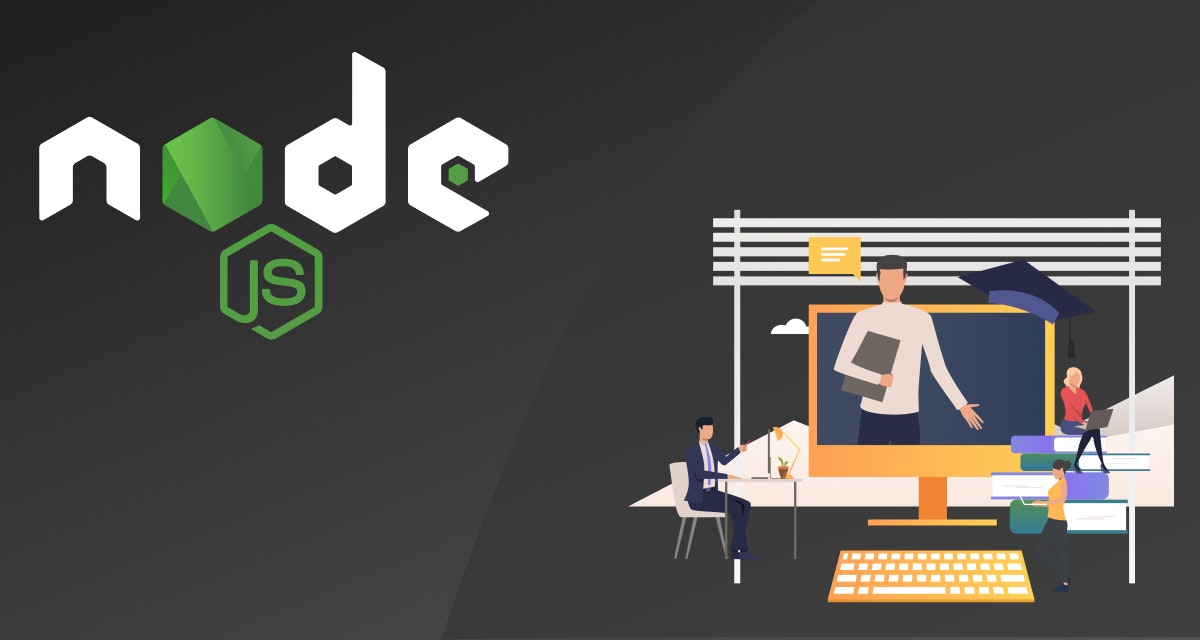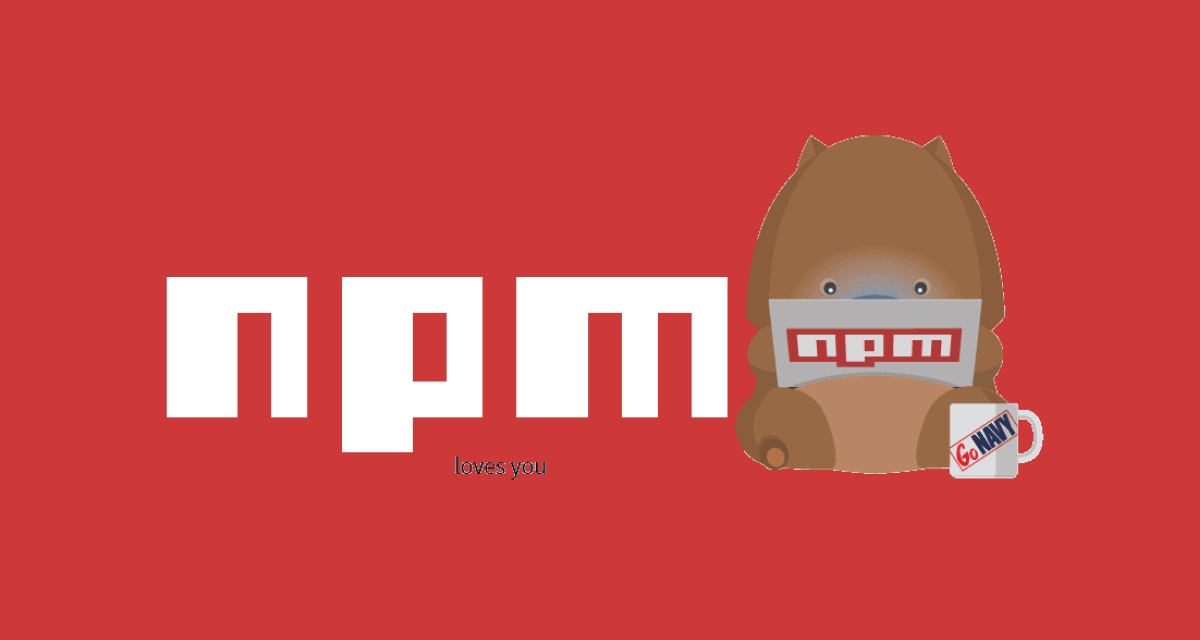Table of content
About Node.JS Development
Node.js is one of the most popular development environments that enables developers to run JavaScript independent from a browser. Being an open-source and cross-platform runtime environment, it has become the beloved environments of developers globally.
Node is a fast and quickly scalable environment that makes it easier to run JavaScript on the backend as well as frontend, offering a seamless development experience. At the same time, as everything is managed by a single language, the app development process is faster and more consistent.
Nodejs is also popular because of the availability of several frameworks which can be used by web app developers according to the project requirements. Meant to enhance the functionality of Nodejs, these frameworks improve the flexibility, scalability, robustness, and efficiency of an app.
Top 10 Nodejs Frameworks:
Here are some of the most popular Nodejs development frameworks according to Github and Nodejs community:
1. Socket.io
Socket.io is unarguably the most popular Nodejs frameworks with 47000+ stars on Github. It facilitates the real-time applications development owing to its real-time bidirectional communication capabilities.
Github Stars: 47000+
Features & Advantages:
- Real-time bidirectional communication based on an event.
- Forges deep connections even in the presence of proxies and private firewalls.
- Auto reconnection support.
- Binary support.
2. Meteor
With over 44000 stars on Github Meteor is a full-stack Nodejs framework that is simple, modern and is compatible with Android, iOS, web or desktop. Meteor is used for the development of connected-client reactive applications using an integration of technology, build tools and packages from Nodejs and JavaScript community.
Used majorly for creation of real-time web apps, Meteor supports data sending over the wire. With detailed documentation and ever-growing community, Meteor is used by global corporations such as IKEA, Mazda, Qualcomm, etc.
Github Stars: 44000+
Features & Advantages:
- Integrated JavaScript stack for doing more with fewer lines of code.
- Cross-platform development support.
- Full-stack reactivity for seamless reflection of the true state.
- Uses data on the wire.
3. Express
Express is also a popular framework with 44000+ Github stars. Coming with a minimalistic framework, it serves as a middleware to help developers configure routes for sending/receiving requests between database and frontend.
Coming with potent tools to handle HTTP servers, the framework is suitable for one-page websites, apps, hybrids or public HTTP APIs.
Github Stars: 44000+
Features & Advantages:
- Robust & resilient routing.
- Powered by HTTP helpers for caching, redirection, etc.
- Content negotiation
- View system supports 14+ template engines
4. KOA
Koa framework has also been developed by the team behind Express. Koa utilizes ES6 methods which can be used by developers to work without callback. Koa promises better control over error-handling practices and configuration.
However, as Koa doesn’t come with inbuilt middleware, the conventional middleware such as req, next, res, etc. don’t work with Koa. Koa is light and more robust than Express and has more than 26,000 stars on Github.
Github Stars: 26000+
Features & Advantages:
- Improved interoperability and robustness
- Enhanced error handing owing to try/catch.
- Improved code readability.
- Several Helpful methods
5. Sails
Sails is an MVC framework that supports real-time applications and auto-generated REST APIs. Built on Express, Sails facilitates simplified WebSocket integration. Compatible with all major databases like MongoDB, MySQL, PostgreSQL, etc. Sails support all leading frontend technologies, too. This includes iOS, Angular, React and Android.
Github Stars: 20000+
Features & Advantages:
- Extremely lightweight with numerous small modules for simplicity & maintainability
- Simpler data access to support all kinds of databases
- Practical data modeling owing to an innovative relational model
- Customizable front-end asset workflow for the flexible asset pipeline
6. Nest
Nest can be considered as a complete development kit for enterprise-grade app development. Built with TypeScript, Nest supports a wide range of libraries and uses progressive JavaScript. The framework combines elements of object-oriented programming, functional reactive programming, and functional programming.
Nest is used for creating reliable and highly scalable server-side applications. Being an out-of-the-box architecture, it can be used for creating flexible and progressive apps.
Github Stars: 18000+
Features & Advantages:
- Modular architecture for complete development flexibility
- Dedicated setups for all kinds of application testing
- Enhanced scalability quotient owing to the flexibility of JavaScript & robustness of typed language
7. LoopBack
LoopBack can be used to accelerate the pace of REST API development. With its user-friendly CLI wizard, developers can create dynamic models based on the schema. Coming with an API explorer, LoopBack is compatible with major REST services and leading databases including MongoDB, Oracle, PostgreSQL, and MySQL.
Github Stars: 12000+
Features & Advantages:
-Facilitates the development of dynamic REST APIs with little coding
- On-cloud & on-premise app execution support
- In-built push, geolocation & file services for mobile app development
8. Hapi
Hapi serves as a bridge between server and client-side application for data and is an ideal alternative to the Express framework. Known for its modular approach, developers can make use of Hapi to write reusable app logic.
With support for authentication, authorization, input validation and caching, Hapi is turning out more and more popular with each passing day. Its capability and scalability potential can be understood by the fact that it was developed to handle mobile traffic during the Black Friday sale at Walmart.
Github Stars: 11000+
Features & Advantages:
- Robust plugin system for adding features and fixing bugs swiftly
- Integrated authorization and authentication architecture
- Extensive code coverage rules for enhanced code reusability and readability
- Reliable code hygiene for secure code distribution.
9. AdonisJS
AdonisJS is an MVC framework that is simple to use and focuses on stability more than anything. Supporting all major operating systems, it facilitates writing code for server-side web applications. The basic premise for this framework is to simplify a developer’s ordeal associated with finalizing packages.
The expressive API is quite consistent and helps developers develop full-stack web apps as well as micro API servers.
Github Stars: 6000+
Features & Advantages:
- A simplistic and astute structure similar to the Laravel PHP framework
- ORM designed with modern SQL databases in mind for efficient queries
- Handy validation extension
- Clear code without enclosed functions or tabulations
10. TotalJS
Just like its name, TotalJS is a full-scale NodeJS framework that consists of useful packages, libraries, and products for facilitating the development process. With approximately 4000 stars on Github, TotalJS can be called a rising star that promotes swift development, enhanced performance, robust scalability, and reliable stability during the development process.
Github Stars: ~4000
Features & Advantages:
- In-built NoSQL database
- Amazing analytics tools
- Support for WebSocket & Server-Sent events
- Works on ARM architecture
Node.Js Development FAQs
In which language Nodejs framework is written?
Nodejs is written in C, C++, and JavaScript programming language. It is a cross-platform, open-source environment for building mobile APIs and web apps.
Why should I go for Nodejs Development Services?
Here are the reasons to choose Nodejs development for your project.
- Cross-platform and open-source environment
- Speeds-up the development process
- Allows to develop real-time web applications
- Single threaded and event-driven architecture
- High scalability and performance
What kinds of applications can be built using Nodejs framework?
Using Nodejs development framework, you can build almost any type of multi-functional real-time application. It’s event driven nature enables developers to excel at the project.
Here listed down few applications which one can built using Nodejs –
- Project management applications
- Social media apps
- QNA and discussion forum platforms
- Live streaming video apps
- Varied gaming applications
- Internet of things devices and applications
Should I hire Nodejs Development Company to perform my project?
If you are a tech-enthusiasts, aware of the development process and knows JavaScript library than you can easily learn about Node.js development. Otherwise, it is a time-taking process to understand and learn the framework. In such cases, it is wise to hire Nodejs Development Agency who can work on behalf of you to build scalable web and app solutions which is quick and in the budget to outrage your business and services.
What are the aspects I should consider while outsourcing Nodejs development service providers?
Look for the international standard technology service provider who has Nodejs professional in the team to work on your project. Hired Nodejs developer should be proficient in building and configuring the error-free applications and projects in well manner who should also possess strong command over languages like Java or .net, Objective C or Swift etc. You should not only hire the project executors but also a consultant who can give expert advice.
Nodejs is a versatile technology that can be used for any industry or business and can be adapted owing to the ever-growing list of frameworks. At Intuz, we are constantly evolving with the dynamic Nodejs ecosystem and utilize modern frameworks to build scalable, robust, secure and reliable apps and solutions powered by NodeJS. If you are keen on leveraging Nodejs but are not sure about which framework to use, consult and hire our expert NodeJS developers today.
